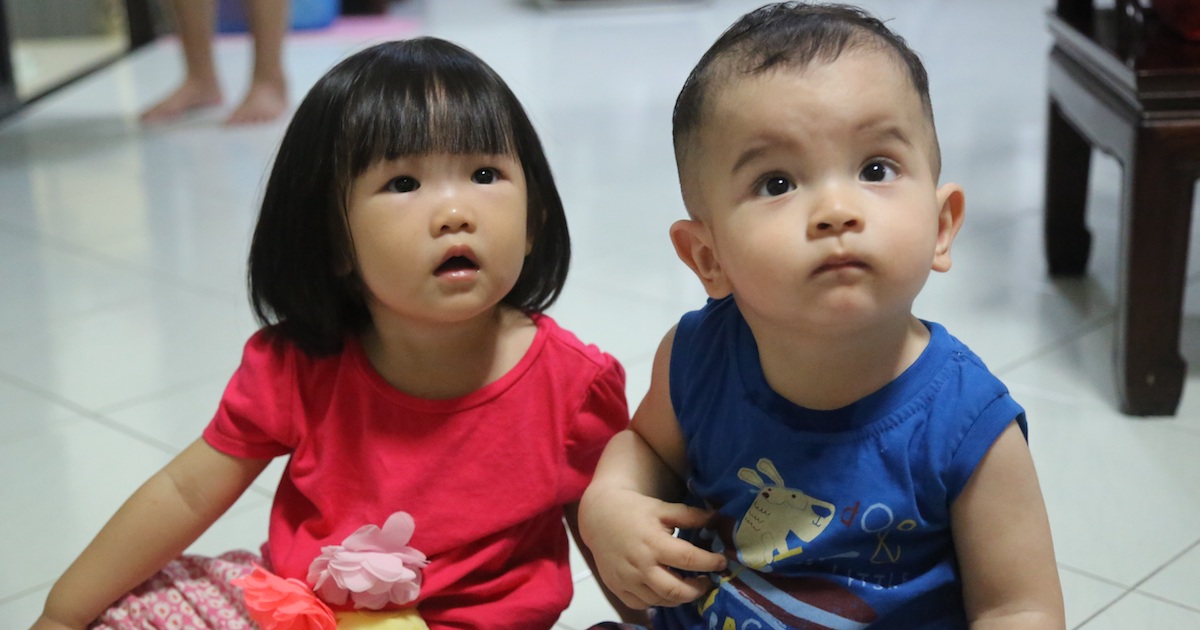
25 May 2021 Bringing China’s One-Child Policy to America, by Marie Fischer
A new billboard campaign proclaims: “One Planet, One Child.”
Why would the special interest group behind this, World Population Balance (WPB), promote the same failed policy that Communist China forced on its people? And will North Americans be gullible enough to accept it?
WPB was founded to “help the world solve our overpopulation crisis and celebrates the choice to have a small family,” according to its website. This campaign encourages couples to limit themselves to just one child or choose not to have children at all. WPB claims that if women have an average of one child each over the next 100 years, the world’s population would shrink from nearly 8 billion to 3 billion or less.
Oddly, WPB is focusing its efforts on Canada (Vancouver) and the United States (Minnesota and Colorado). According to the World Bank, these countries have a birthrate of 1.7 and 1.5 births per woman, respectively. The world average was 2.438 in 2020, according to a Microtrends estimate. And this rate has declined by .41% each year over the last four years.
Beyond an obviously misplaced geographical focus, the intent of this campaign is also baffling. WPB’s “One Child, One Planet” plan is reminiscent of what China did decades ago. From 1980 through 2015, the Chinese Communist Party enforced a policy of encouraging and incentivizing families to have just one child. Food shortages in the early to mid-1970s, coupled with China’s burgeoning population, sparked policies in which China forced contraception, abortion, and sterilization upon its people to ensure compliance.
China’s efforts are thought to have prevented over 400 million births. And this was a detriment to the Chinese society.
Due to China’s one-child policy, it now has a declining workforce to serve its largely greying population. By 2050, there will be 1.5 seniors for every working adult, thus reducing available labor resources. Not only are there fewer workers supporting elderly pensioners, but there are also fewer adults to physically assist them.
In trying to avert famine, the Chinese government created poverty and isolation for the elderly. Poor seniors are more likely to suffer from bad health and earlier death – reducing their quality of life.
On the other side of the age spectrum, those in China who are under 30 are experiencing mental health and socialization impacts because of the one-child policy. Over 60% of rural children and 90% of urban children in China have no siblings. Studies of young Chinese soldiers have shown that those who had siblings were more motivated, hardworking, obedient, sociable, and mentally stable.
According to the Encyclopedia of Early Childhood Development:
Sibling relations provide an important context for the development of children’s understanding of their social, emotional, moral, and cognitive worlds. In particular, siblings play an important role in the development of children’s understanding of others’ minds, namely their understanding of emotions, thoughts, intentions, and beliefs. Siblings seem to demonstrate an understanding of others’ minds and emotions during real-life interactions long before they show this understanding on more formal assessments.
In other words, having siblings sets a foundation for healthy adult relationships.
China also placed a heavy preference on male babies over females while enforcing population control. This has led to a ratio of 1.2 males to every female, resulting in a surplus of over 30 million men. Young unmarried men, no matter their nationality or ethnicity, are more likely to commit both violent crimes and property crimes – and China is no exception. The crime rate in China has increased sixfold in the past three decades, and the one-child policy is considered a substantial cause.
China loosened its one-child policy in 2015. Two children are now considered acceptable, and even that policy is no longer heavily enforced. But decades of population control policies have conditioned younger adults to want only one child.
Without the force of government, WPB’s “One Planet, One Child” campaign can never rival the effectiveness of China’s policy. A rallying cry to “save the planet” lacks the power growing out of the barrel of a gun. But with leftists pushing for more stringent environmental regulations and federal funding of Planned Parenthood, how long before the Western establishment jumps on board with more than billboards?
What is the purpose of having a healthy planet when the population that occupies it is not mentally, physically, or emotionally healthy?
Project 21 member Marie Fischer, a native of Memphis, Tennessee, is a college information technology professional with over 20 years of experience in the field. This was originally published by Issues & Insights.
New Visions Commentaries reflect the views of their author, and not necessarily those of Project 21, other Project 21 members, or the National Center for Public Policy Research, its board or staff.



